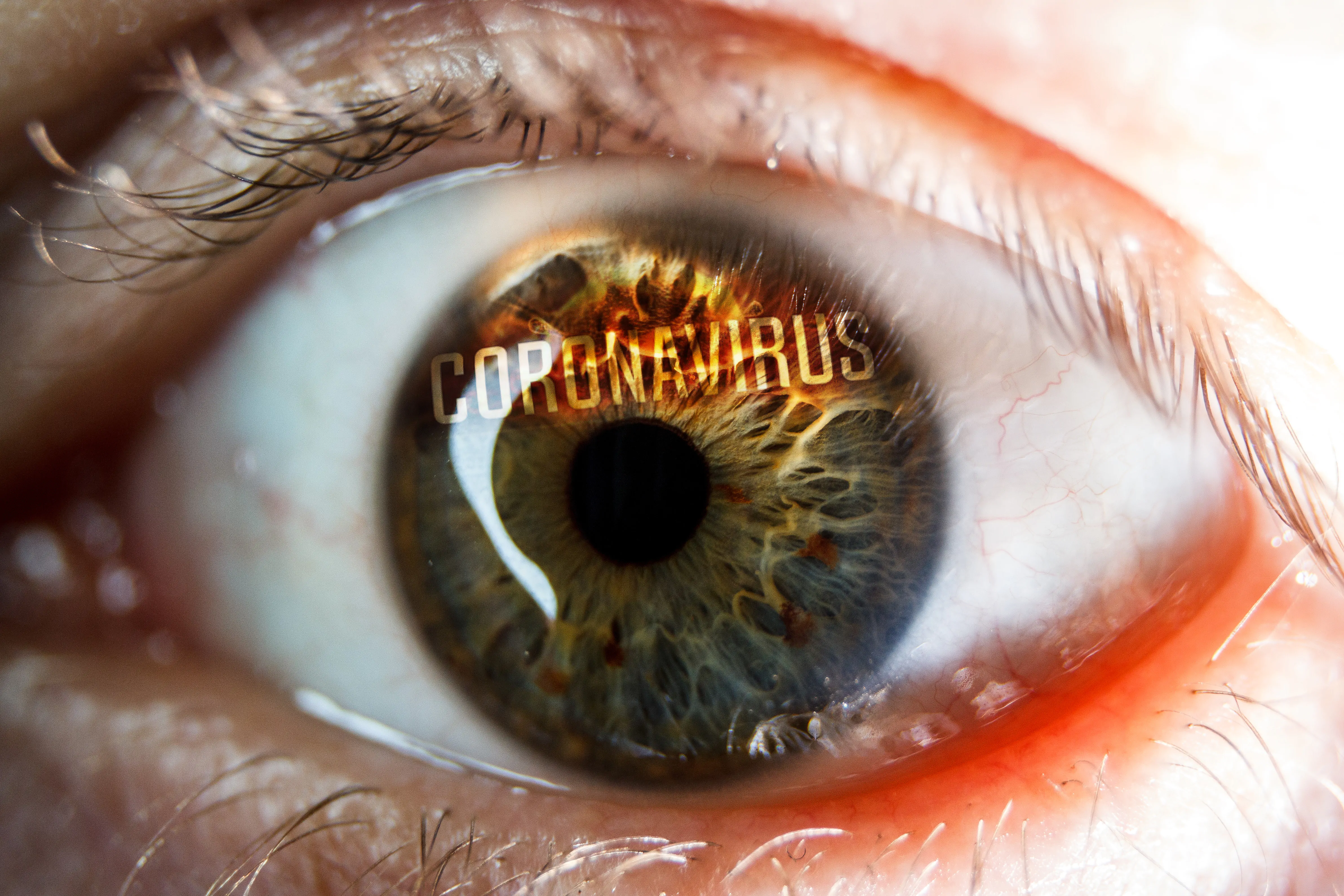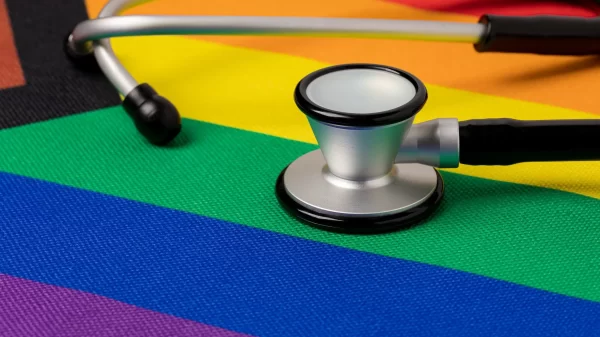As information about the new coronavirus comes at a furious pace, at times offering conflicting and confusing advice, the Alabama Academy of Ophthalmology, the Medical Association of Alabama and the American Academy of Ophthalmology want to share what we know right now about protecting your vision and your health during the COVID-19 pandemic.
“During these unprecedented times, our organization wants to clearly communicate and provide the most up-to-date information to help Alabamians maintain their health and safety,” said Dr. Russell Read, president of the Alabama Academy of Ophthalmology. “With so many people working from home and students using distance learning, we believe these tips offer simple guidelines everyone can use.”
- Avoid touching your eyes
By now you’ve heard about the importance of hand washing, coughing into your elbow, and keeping your hands away from your face and eyes. The last one is easier said than done, right? Here’s a suggestion, switch from contact lenses to glasses for the time being. Substituting glasses for lenses can decrease irritation and make you pause before touching your eye. If you continue wearing contact lenses, follow these hygiene tipsto limit your chances of infection. - Pink eye is a COVID-19 symptom, but it’s rare
About 1 to 2 percent of reported coronavirus cases show symptoms of conjunctivitis, better known as pink eye. If you or a family member gets pink eye, don’t panic, especially if you’re not experiencing the more common coronavirus-related symptoms, such as a dry cough, shortness of breath and fever. Viral conjunctivitis is very common, plus it’s allergy season. Try these home treatments for pink eye. If symptoms continue, consult with your doctor to determine if you need an in-person office visit. - The malaria drugs used to treat coronavirus will not blind you
Patients who rely on hydroxychloroquine to treat autoimmune conditions such as lupus rarely experience eye damage. Only about 1 to 2 percent of patients develop retinal problems during a 5-year course of treatment. Even though patients with COVID-19 receive double the dosage, they are treated for a fraction of the time, only one to two weeks. However, if you are older than 50 and have a history of retinal disease, macular degeneration or have been exposed to the breast cancer therapy tamoxifen, discuss these drugs with your doctor. We also want to emphasize that there currently is no definitive scientific evidence these drugs are effective in treating the virus.
- Have an upcoming routine eye care appointment? Call your ophthalmologist first
Most ophthalmologists are performing emergency care only right now to keep patients safe and to conserve much-needed medical supplies. If you receive regular treatments to maintain your vision, such as injections for macular degeneration, talk to your ophthalmologist. They can tell you if you need to come in for treatment.
- Make sure you have refills of critical medications
If you take medicated eyedrops or other medical prescriptions, that you cannot or should not go without, make sure you have enough to get by if quarantined or if supplies become limited. Your ophthalmologist or pharmacist may be able to help obtain approval through insurance.
- Consider home remedies for nonurgent relief
Some eye conditions can be treated from home, such as red eye, dry eye or eye strain. Try these at-home remedies. If symptoms persist, call your ophthalmologist. Many are conducting appointments through telehealth.
“As we continue to navigate these unchartered waters, our organization wants to remain a resource by providing factual communications about how the public can maintain a healthy lifestyle while confined to our homes at the moment,” said Mark Jackson, executive director with the Medical Association of Alabama. “While many of us are still learning how to adjust during this time of remote working, we believe these six tips and links provide valuable information to patients looking for solutions to improve the health of their eyes.”
“During this chaotic pandemic, it can be overwhelming to keep up with the news and advice coming from a variety of sources,” said Sonal Tuli, MD, clinical spokesperson for the American Academy of Ophthalmology. “The most reliable information is that which is based on science, so maintain good hygiene, continue to practice social distancing, and follow the advice of your ophthalmologist to protect your good vision.”
To keep up with the latest information for maintaining your eye health during the pandemic, visit the American Academy of Ophthalmology.





















































